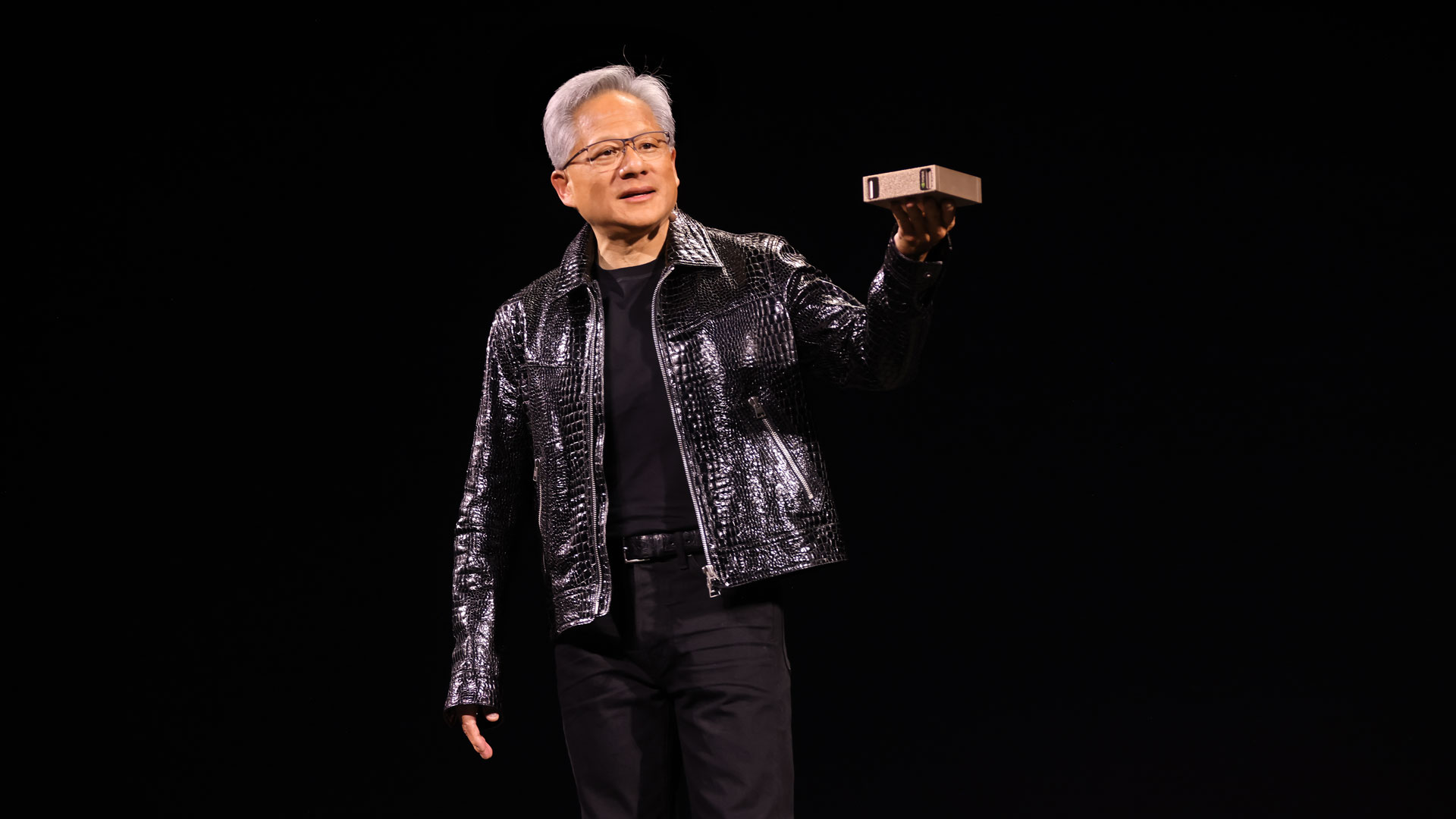Emperor Jensen? Nvidia's CEO is so powerful in AI that even Google and Amazon inform him of their own in-house AI chip efforts, as Huang doesn't apparently like surprises
Dependence on GPUs makes it impossible to bypass Nvidia’s industry authority

- Nvidia GPUs remain the unshakable backbone of global AI progress
- Amazon and Google discreetly notify Jensen Huang before revealing AI chip projects
- Cloud computing giants still cannot survive without Nvidia’s critical GPU supply
Nvidia has established a level of control over AI hardware which few other companies in the technology sector can match.
The company’s GPUs have become the essential foundation for modern AI tools, large-scale cloud computing services, and data center workloads.
This dominance means competitors and partners alike are compelled to recognize Nvidia’s influence in the industry.
Deference from Amazon and Google
Large companies such as Amazon and Google even inform Nvidia CEO Jensen Huang ahead of announcements related to their own AI chip programs.
The Information notes, “at the center of it all is Huang, to whom other leaders in the industry show unusual forms of deference.”
Both companies are seeking to lessen dependence on Nvidia, yet they still choose to notify Huang first, reflecting his position in the industry’s hierarchy.
Insiders suggest this deference arises because “the cloud computing businesses of Amazon and Google can’t survive without access to Nvidia’s GPUs.”
Sign up to the TechRadar Pro newsletter to get all the top news, opinion, features and guidance your business needs to succeed!
While both companies explore their own in-house designs, the reality is that their largest AI projects remain reliant on Nvidia’s hardware.
The scale of demand is so vast that a single collaboration between OpenAI and Nvidia could consume four to five million GPUs.
Orders for the GB300 AI server have similarly been described as “unimaginable” by a Quanta AI executive.
Thus, in practice, even the largest firms cannot bypass Huang’s awareness if their projects require millions of Nvidia GPUs.
Despite efforts from AMD and Intel, Nvidia’s lead in AI GPU technology appears secure. AMD has yet to close the gap, and Intel is often described as operating on the sidelines.
For now, Huang is seen as the “AI GPU Godfather,” a figure whose oversight of the sector makes it difficult for rivals to make progress without drawing his attention.
The concentration of power in a single company raises questions about how sustainable the current situation is.
If Amazon and Google succeed with their in-house designs, the balance could shift over time.
Yet the continued dependence on Nvidia’s GPUs shows how difficult it will be to change the market's structure.
Via TweakTown
You might also like
- These are the best AMD graphics cards
- Take a look at the best MiniPCs
- You can now buy things through ChatGPT with a single click - if you're lucky

Efosa has been writing about technology for over 7 years, initially driven by curiosity but now fueled by a strong passion for the field. He holds both a Master's and a PhD in sciences, which provided him with a solid foundation in analytical thinking. Efosa developed a keen interest in technology policy, specifically exploring the intersection of privacy, security, and politics. His research delves into how technological advancements influence regulatory frameworks and societal norms, particularly concerning data protection and cybersecurity. Upon joining TechRadar Pro, in addition to privacy and technology policy, he is also focused on B2B security products. Efosa can be contacted at this email: udinmwenefosa@gmail.com
You must confirm your public display name before commenting
Please logout and then login again, you will then be prompted to enter your display name.